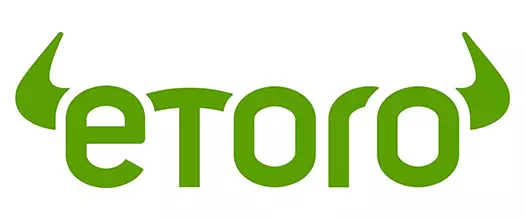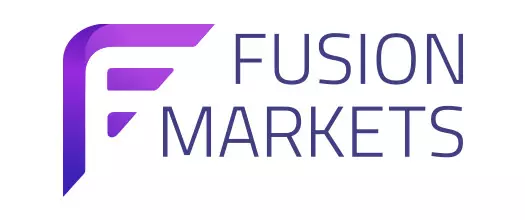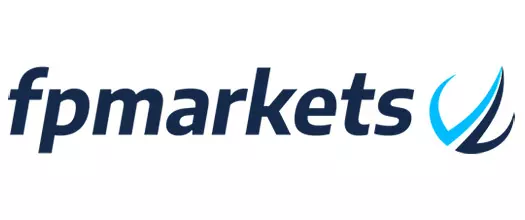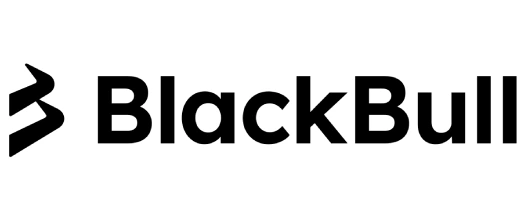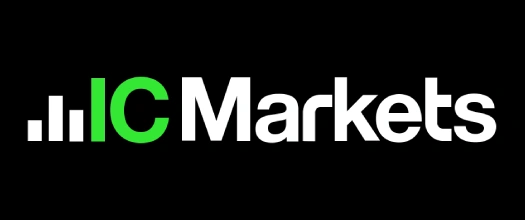- Jump to:
- Main Features
- What are No Dealing Desk Brokers?
- How do No Dealing Desk Brokers work?
- Pros
- Cons
- Comparing NDD and DD Brokers
- Choosing the Right Broker
- Final Thoughts
Choosing the right forex broker is as critical as developing a trading strategy, and there are two main types of brokerages you will find online: market makers and No Dealing Desk (NDD) trading platforms. The latter rank among the most popular trading brands, as they feature automatic execution without dealing desk intervention. If you are curious about NDD brokers, the factors that give them an edge over other platforms, and which brands stand out as the best, we encourage you to continue reading.
 Plus500 USThis content applies only to Plus500 US and clients from the United States. Trading futures involves the risk of loss.
Plus500 USThis content applies only to Plus500 US and clients from the United States. Trading futures involves the risk of loss. eToro61% of retail investor accounts lose money
eToro61% of retail investor accounts lose money Fusion Markets74-89% of retail's CFD accounts lose money
Fusion Markets74-89% of retail's CFD accounts lose money FP Markets73.85% of retail investor accounts lose money
FP Markets73.85% of retail investor accounts lose money Eightcap59.57% of retail investor accounts lose money when trading CFDs with this provider.
Eightcap59.57% of retail investor accounts lose money when trading CFDs with this provider. BlackBull MarketsTrading leveraged products is risky
BlackBull MarketsTrading leveraged products is risky Global Prime74-89% of retail CFD accounts lose money
Global Prime74-89% of retail CFD accounts lose money Pepperstone75.5% of retail investor accounts lose money
Pepperstone75.5% of retail investor accounts lose money AxiThe vast majority of retail client accounts lose money
AxiThe vast majority of retail client accounts lose money IC Markets70.64% of retail investor accounts lose money when trading CFDs with this provider.
IC Markets70.64% of retail investor accounts lose money when trading CFDs with this provider.
Our team has thoroughly evaluated all brokers listed below using TradingPedia’s exclusive methodology.
Main features of the best No Dealing Desk forex brokers
Below you can find a comparison table of the best No Dealing Desk forex brokers regulated by FCA, ASIC, or CySEC. We rank them based on several factors, including regulation, spreads and commissions, Trustpilot rating, trading instruments, trading platforms, and deposit and withdrawal methods.
- Brand
- Trading platforms
- Minimum deposit
- Regulations
- Trading instruments
- Spreads
- Leverage for Forex CFDs
- Leverage for Crypto CFDs
- Leverage for Indices CFDs
- Deposit methods
- Withdrawal Methods
- Commission per Lot
- Contact details
What are No Dealing Desk brokers?
Intermediaries that provide direct access to the forex market without the intervention of a dealing desk are known as No Dealing Desk brokers. These trading service providers do not act as counterparties to traders like traditional market makers, i.e., those that operate a dealing desk. Instead, brands using the NDD model pass your orders directly to liquidity providers such as banks or other financial institutions.
How do No Dealing Desk brokers work?
There are two models that NDD brokers operate under:
The ECN execution model creates a network in which traders, banks, financial institutions, and other market participants interact directly. Orders are matched within the network at the best available bid and ask prices from the participants. Traders can use the Depth of Market tool to find the volume and prices of buy and sell orders at different levels.
ECN brokerages are suitable for high-frequency traders and scalpers who need fast execution with minimal latency and tight spreads.
STP brokers pass traders’ orders directly to liquidity providers without any intervention. Their approach, called a bridge system, sends orders to the interbank market or liquidity pools. These brokers add a markup to their spreads and usually charge no commission. STP trading brands have lower initial deposit requirements compared with ECN brokers.
Pros of No Dealing Desk brokers
Now that you know what NDD brokers are and how they operate, we will introduce you to their benefits and drawbacks.
Fast execution
NDD brokers provide instant execution of orders as there is no intervening dealing desk involved in the process. Fast execution ensures there are no requotes, and slippage is minimal even during highly volatile moments. Scalpers in particular benefit greatly from low latency and impressive execution speed.
Tight spreads
Wider spreads can adversely affect your profitability. NDD brokers offer variable spreads that come directly from liquidity providers, meaning the spreads are far lower than those at market makers. Therefore, your odds of achieving profitability increase.
Transparent pricing
Since pricing comes directly from multiple liquidity providers, the process remains transparent without any manipulation. Traders receive the most accurate market rates.
No conflict of interest
Unlike market makers operating a dealing desk, NDD brokers act as intermediaries and do not trade against traders. Therefore, there is no conflict of interest and no incentive for the broker to resort to practices such as price manipulation.
Cons of No Dealing Desk brokers
Now, we shall examine some disadvantages of NDD brokers.
Higher initial deposit
Some NDD brokers require a higher initial deposit, which makes them unsuitable for certain low-budget traders. Hence, such traders may need to open standard or cent accounts.
Variable spreads
The spreads at NDD brokerages are not fixed. Therefore, you cannot estimate the exact cost for each trade, as spreads tend to widen during low-liquidity or high-volatility periods.
Commission fee
NDD brokers come with tight spreads, but they often charge a commission fee. Traders who scalp multiple positions in a day may need to keep an eye on the commission, as it can result in substantial costs.
Volatility risk
Due to fast execution, you may get your orders filled at less favourable rates during highly volatile market moments.
Comparing NDD and DD brokers
The major distinction between NDD and DD brokers lies in their pricing and execution. The following table highlights the key differences between the two types.
| NDD Brokers | DD Brokers | |
|---|---|---|
| Trading Cost | Low | High |
| Trade Execution | Fast | Slow |
| Spreads | Variable | Fixed |
| Commission | Yes | No |
| Suitable for | Experienced traders | Beginners |
| Conflict of Interest | No | Yes |
Some traders prefer brands with no commissions and fixed spreads, as such conditions suit their trading style. Others, meanwhile, like narrow spreads and value fast execution. In other words, whether you choose NDD or DD brokers primarily depends on your trading needs and style.
Choosing the right broker
Though NDD brokers come with several advantages, not all brands are created equal. With this in mind, you should always consider the following factors when picking an NDD brokerage:
If a No Dealing Desk broker is not regulated, it is best to steer clear. A lack of licensing shows that the brokerage does not have a supervisory authority to answer to, which could put you at risk of fraud or leave you without safeguards such as negative balance protection, 2FA, and the like. A trading brand’s licences are typically listed in its footer or on a page dedicated to regulation. Always check whether a given licence is valid and has not expired.
Look at reviews and ratings given by former and existing customers of a given broker. Others’ experiences can help you find specific advantages and disadvantages of a brand, as well as observe how it responds to feedback.
Other than spreads and commissions, look for hidden fees that brokers may charge. You may be saving on spreads but paying more in swaps, maintenance fees, withdrawal charges, etc.
A good NDD broker must have responsive customer support available through live chat, email, phone, and social media. Chatbots are convenient but far from enough; you should be able to get in touch with a representative of the support team quickly and without hassle when necessary.
Look at the available trading platforms with a broker. While many brokers support third-party platforms like cTrader and MT5, others may offer only their own proprietary platform. There are also brokers that feature a single third-party platform. Thus, it is crucial to check whether your preferred trading software is available.
Always test the conditions of a broker through a demo account before opening a live account.
Final thoughts
No Dealing Desk brokers offer several benefits for traders. Low trading costs and fast execution are notable examples. Furthermore, there is no conflict of interest with NDD brokers, giving them a clear advantage over dealing desk brokerages that tend to act as a counterparty. As established, you should assess your trading preferences and choose an NDD brand with solid customer support and a strong reputation.

